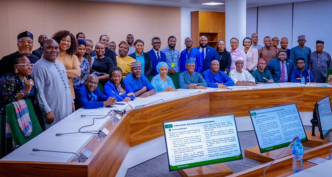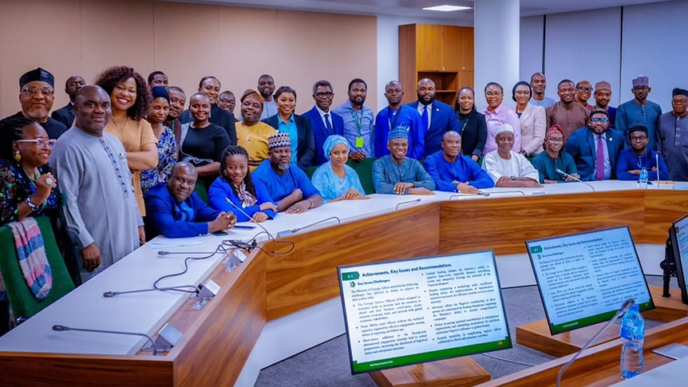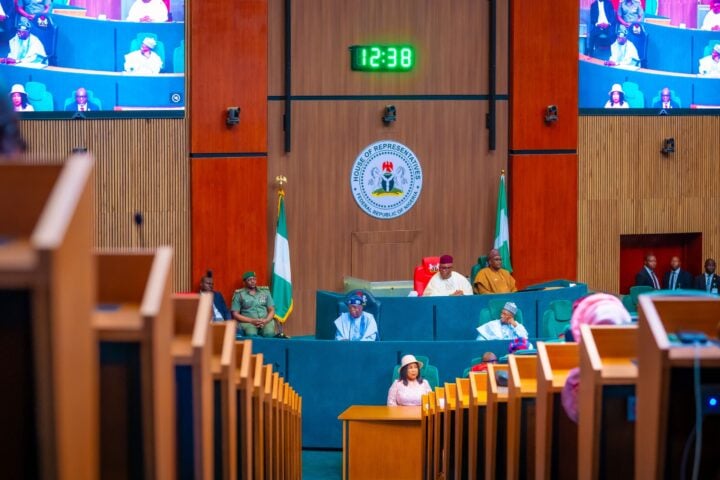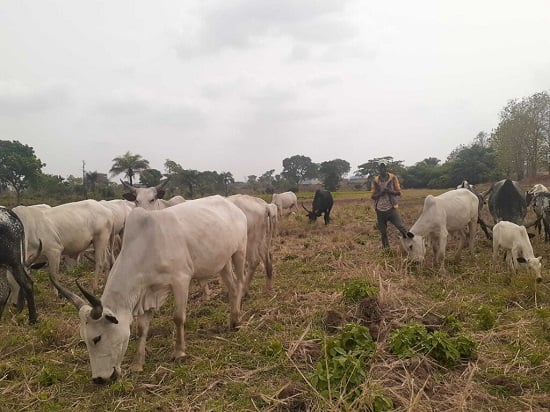BY DAVID BASSEY ANTIA
We often locate the problem of Nigeria squarely within its political leadership architecture. It is a common refrain, frequently justified, that poor leadership is the root cause of our national crisis. This view is supported by a robust corpus of scholarly work, rigorously distilled in the crucibles of contemplative minds. One might profit from Daron Acemoglu and James A. Robinson’s ‘Why Nations Fail’ or glean insights from Chinua Achebe’s ‘The Trouble With Nigeria’. The subject is perennially urgent; it is not esoteric. The problems are self-evident, glaring, and pressing. And indeed, there are many plausible explanations for Nigeria’s ongoing struggles.
Yet, while we may rightly critique our leaders, it is no longer enough to simply hurl expletives at them. We must go further to interrogate the quality and meaning of citizenship itself. In this endeavour, our attention must turn toward our tertiary institutions: the bodies that certify the character and competence of individuals who proceed to manage industries, occupy public offices, and shape society.
In a recent conversation, a few colleagues and I had the privilege of interviewing Dr. Emmanuel T. Abraham, chairman of the Board of Trustees of Topfaith University. Dr. Abraham, who delivered the 34th and 35th Convocation Lectures at the Federal University of Technology, Owerri (FUTO), titled “Twists, Turns and Triumphs of University Education in Nigeria”, posed a question that was not merely provocative but profoundly unsettling. He asked: The companies in Nigeria that once thrived and employed thousands, but have now folded—who managed them? And which tertiary institutions produced those managers?
Advertisement
This question demands more than a casual answer. Its logic is structural. As in mathematics, meaning arises from form. Just as coefficients determine the shape and roots of a polynomial, so too do the unseen values and structural conditions of a society determine its manifest outcomes. Corruption, mismanagement, and leadership failure are not standalone phenomena; they are symptoms of deeper systemic deficiencies. Dr. Abraham’s philosophical inquiry compels us to excavate the foundational values—those “coefficients”—that structure our national life.
Pressed to identify what we have missed in diagnosing the Nigerian problem, Dr. Abraham answered with one word: Character.
This answer, though deceptively simple, is deeply profound. Do our universities genuinely assess the character of their students before declaring them “worthy in character and learning”? Dr. Abraham maintains that the collapse of institutions, corporate or governmental, stems not merely from technical incompetence but from moral failure. If we are serious about national transformation, we must return to the roots: to the ethical formation of the citizen.
Advertisement
A nation’s strength lies not only in its natural resources or economic infrastructure, but in the collective character of its people. A populace rooted in integrity, diligence, and civic virtue is far better equipped to confront the challenges of governance, development, and justice.
The National Universities Commission (NUC) has a pivotal role to play. It must treat the crisis of moral character with the same urgency as an epidemic. An “emergency” in character deficiency must be declared. A national framework for character education—coherent, rigorous, and transformative- should be developed and institutionalised across all tertiary institutions.
As Mahatma Gandhi once said, “By education I mean an all-round drawing out of the best in child and man—body, mind and spirit.” True education must stimulate not only intellectual faculties but also cultivate the moral imagination. John Dewey echoed this, arguing that “the establishment of character is a comprehensive aim of school instruction and discipline.”
To build society, we must build the individual. Achebe rightly argued that Nigeria’s problem is leadership. I submit that the deeper problem is that education in Nigeria has become an exercise in cognitive accumulation, not moral formation. In an age when moral and social values are disintegrating, when religion has lost its ethical hold, and when power is often used for personal gain, it is imperative that education re-centres its purpose on moral development.
Advertisement
In this light, Topfaith University has taken a bold step. It recently became the first institution in Nigeria to institutionalise Character and Leadership Education as a mandatory course across all semesters. There are no written exams; students are assessed through reflective, behavioural, and performance-based methods. Every student receives a university-authored textbook on character and leadership development. This is not symbolic, it is strategic. It is a practical affirmation of the philosophy that education for moral character is what redirects human energy toward the flourishing of humanity.
All tertiary institutions must embrace this responsibility. They must become the conscience of the nation, the moral compass of the Republic. Just as professional bodies such as the Nigerian Bar Association have mechanisms for disbarring members who breach ethical codes, universities must actively monitor and, if necessary, revoke the certifications of alumni who act in ways that betray the moral and philosophical foundations of their alma mater.
We are often quick to blame the Independent National Electoral Commission when elections fail. But when corporate mismanagement and bureaucratic corruption occur, we rarely ask: Which university produced this individual? Accountability must extend beyond elections to institutions of learning. Universities must act not only as agents of enlightenment but as guardians of character.
Education finds its truest meaning when its aim is the cultivation of virtue. The time has come for the National Universities Commission to declare a state of emergency, not in literacy rates, but in moral literacy. We must rebuild the moral infrastructure of the Nigerian state, and our universities must lead this renaissance.
Advertisement
David Bassey Antia, president of the Council of Topfaith University Students, can be contacted via [email protected]
Advertisement
Views expressed by contributors are strictly personal and not of TheCable.







